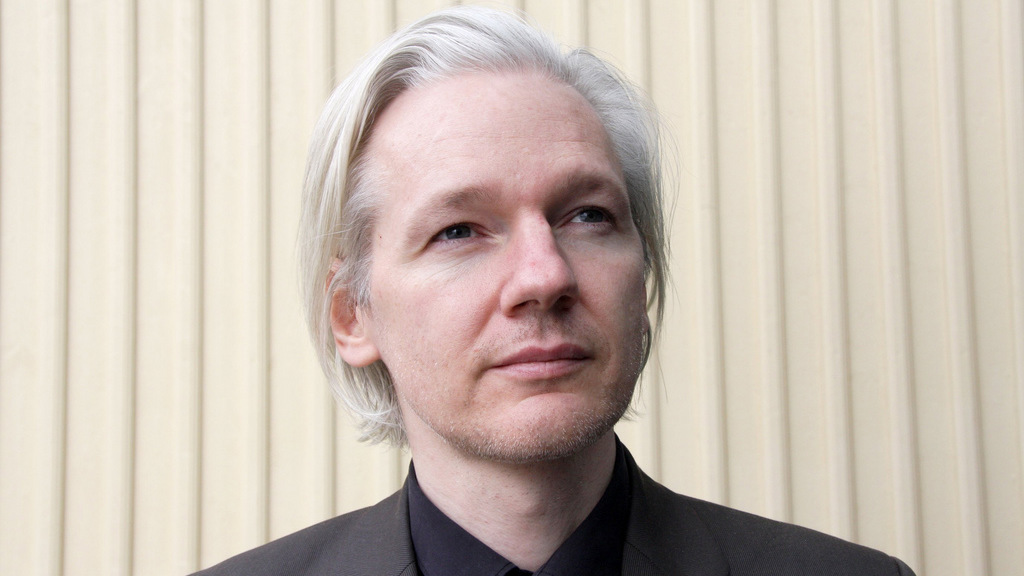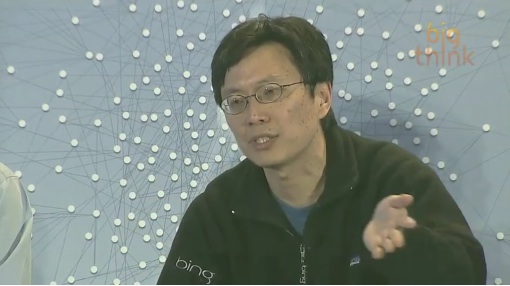Technology & Innovation
All Stories
Today we are being told of the purported economic payoffs of, above all, the promise of so-called “green jobs.” Unfortunately, that does not measure up to economic reality.
Social media, most notably Facebook and Twitter, have featured prominently in recent years as tools of the opposition in insurrections against entrenched regimes.
Is the rise in boob jobs and other elective surgeries a sign of renewed consumer confidence, or a harbinger of continued economic malaise?
The DealBook editor breaks business leaders into two major categories, embodied by Apple’s Steve Jobs on one end and GE’s Jeff Immelt on the other.
An entire new generation of WikiLeaks-inspired services, enabling anonymous, secure submissions of leaked documents, is springing up around the world.
Like drugs dealers, websites should give users just a taste for free—and then charge them for the real product once they’re hooked.
Confidential cables disclose that U.S. diplomats were convinced by a Saudi expert that the reserves of world’s biggest oil exporter have been overstated by nearly 40%.
Brilliant improvisers, entrepreneurs don’t start out with concrete goals. Instead, they constantly assess how to use their personal strengths and resources they have at hand.
Public libraries could be taken over by community and voluntary groups, who might actually run them more appropriately for local needs. And they might bring in some fresh ideas.
Asking thousands of strangers if those jeans look good on you might not have seemed possible only a few short years ago, but now it’s only an app download away.
It is a dirty little secret that even great companies have to fire the people who do not work out. It does not seem gracious or nice. But that can leave a false impression.
In embracing a victims-and-villains explanation of the recession, Americans are missing important lessons about the future of the U.S. economy, says Robert Samuelson.
As WikiLeaks founder Julian Assange appears in court in London today in connection with sexual assault charges, Nobel prize-winning economist Michael Spence discusses the real costs that WikiLeaks could inflict on society.
The competitiveness pact put forward by Angela Merkel and Nicolas Sarkozy to end the crisis is ambitious, but threatens the social traditions of most European countries, warns El País.
Official groups and allied militia, frequently attack dissidents. It has now happened in Egypt. The most important Facebook page for the protests is being flooded with abusive comments.
Why AOL’s purchase of the Huffington Post is causing such intense media interest. Part of Huffington Post’s success was its position outside the establishment.
AOL, a formerly apolitical Web portal, now has an editorial director with a distinctly progressive point of view. And yet, in this Big Think interview, Arianna Huffington says she never […]
Global economic forces are creating ever-greater disparities of wealth within societies. It is the great policy challenge of our time, says Harvard economics professor Kenneth Rogoff.
The best predictor of a country’s future economic health is not the magnitude but the diversity of its production capacity, says M.I.T. economist César Hidalgo.
The Kentucky senator’s proposal would first roll back almost all federal spending to 2008 levels, then initiate reductions at various levels nearly across the board.
Contrary to the “cyberutopians,” who consider the Internet a powerful tool of political emancipation, the Internet more often than not constricts or even abolishes freedom.
Think Twitter and other social media networks would cause people all over the world to start talking in the exact same way? In fact, the opposite may be true, say researchers.
When should competitors work together? Only through greater transparency and sharing can Google and Bing collectively create a better Internet, says Microsoft’s Harry Shum.
Only through greater transparency and sharing can Google and Bing collectively create a better Internet, says Microsoft’s Harry Shum. But how likely is it that arch-rivals Google and Microsoft will […]
CEO Whisperer Stephen Miles stresses the importance for execs to have social media strategies in place—especially during times of crisis. And this has broader implications for leaders at any level, since new forms of communication necessitate a two-way dialogue with the public.
CEO Whisperer Stephen Miles recounts the story of Qantas CEO Alan Joyce who learned just how important social media is during times of crisis.
I spent yesterday speaking to people in rural areas. Almost everyone was pro-Mubarak. You start to see some of the genius of the last two decades of information management.
The very fact that fair trade conforms to market principles is what unnerves some. If an activity makes market sense, they suspect that it can’t be politically genuine.
Google pulled off a huge PR coup. It changed the topic. Media coverage isn’t about spam and how Google profits from this; we are debating how valuable Google’s search results are.
If anything will prevent the next financial crisis, it will be financial firms recognizing bubbles and popping them early, with regulators ensuring risk-takers eat the losses. Vigilance is the word.



